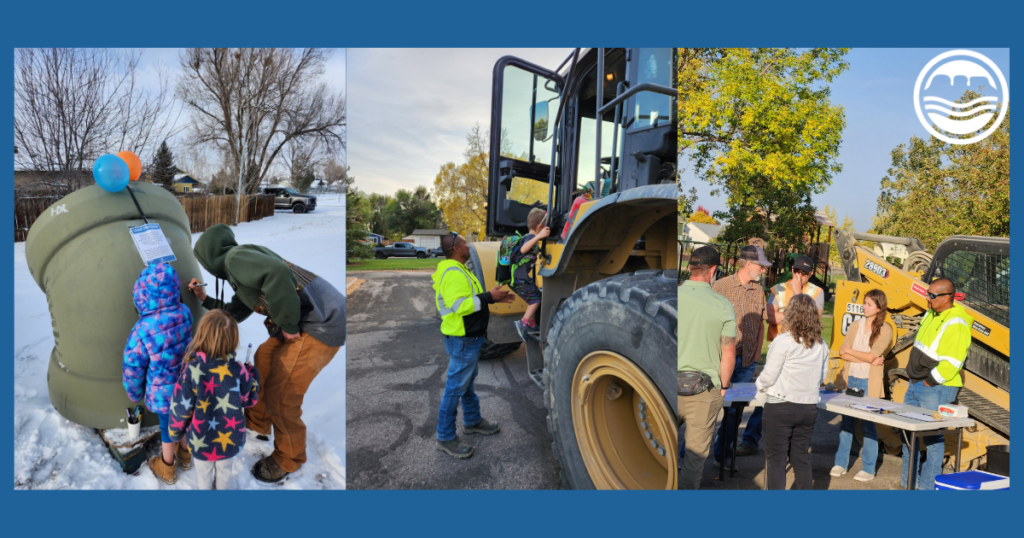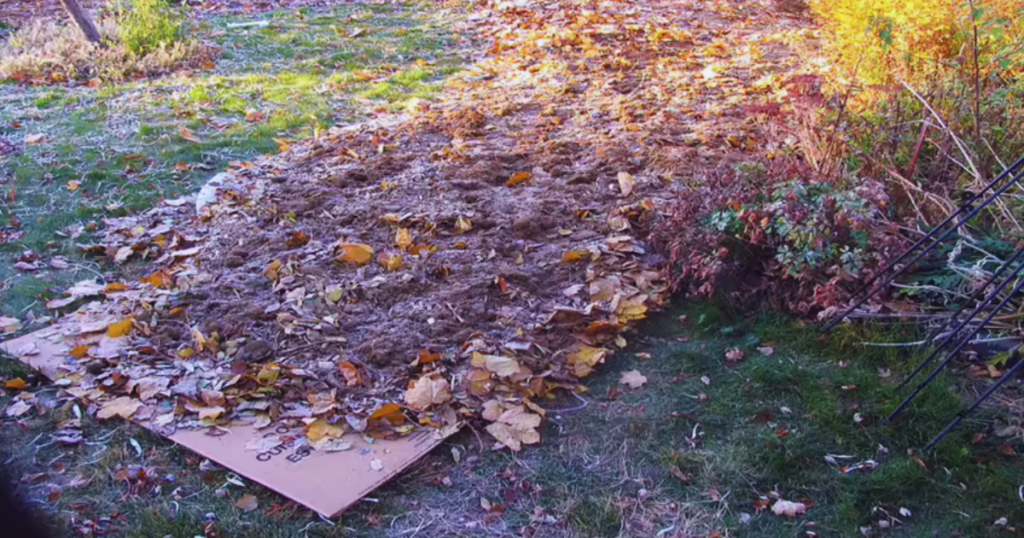August is Water Quality Month so it’s a great time to share with our customers updates about our water quality in Fort Collins-Loveland Water District (FCLWD). In this month’s blog, we’ll discuss what testing is performed every year, highlights from our 2024 Water Quality Report and address concerns surrounding contaminants like PFAS, lead, copper and more.
The 2024 water quality report is here
Every year, FCLWD participates in all state-mandated testing to ensure our water is safe for our customers. We perform these tests well before the deadlines every year, and this past year was no exception. Our results have been published, and you’re encouraged to read the full report if you’re interested. The 2024 report shares results from drinking water in 2023. If you don’t have time to read the full report here are a few of the highlights:
- Throughout 2023, we met all state and federal health standards.
- FCLWD and the Soldier Canyon Filter Plant routinely monitor for contaminants in your drinking water.
- Per the EPA, all drinking water, including bottled water, may reasonably be expected to contain at least small amounts of some contaminants. The presence of contaminants does not necessarily indicate that the water poses a health risk.
- All contaminants were within safe levels including:
- Copper
- Lead
- Chlorine
- Disinfection byproducts
- Turbidity (sediment, organic matter, microorganisms, chemical particles)
- Inorganic contaminants (barium, fluoride, nitrates)
- Organic carbon
- Bacteria, specifically coliform (of 840 samples there was none detected)
In the news: PFAS and lead
There has been a lot of recent national news about the presence of per- and polyfluoroalkyl substances (PFAS) in drinking water, as well as lead and copper. If you are an FCLWD customer you can rest assured that your drinking water is safe and that we’re doing everything possible to ensure it stays that way.
PFAS BACKGROUND AND TESTING
In April 2024, the EPA released the final National Primary Drinking Water Regulation (NPDWR) regarding PFAS. Along with Soldier Canyon Water Treatment Plant, we’ve been following the EPA’s findings and testing for PFAS locally.
PFAS are a group of chemicals used to make polymer coatings, paints and products that resist heat, oil, grease and water. PFAS can be found in non-stick cookware, water-resistant clothing, stain-resistant furniture, fast food packaging, cosmetics, fire-fighting foams and more. PFAS can potentially get into water sources through leaching from landfills, industrial release, run-off after wildland fires and more.
It is unclear how exposure to PFAS will impact humans over time. Still, initial studies show PFAS can affect growth and development and bodily functions such as thyroid, immune system and liver function.
The recent NPDWR aims to reduce and prevent the presence of PFAS in drinking water by creating legally enforceable levels, called Maximum Contaminant Levels (MCLs), for six PFAS in drinking water. The final ruling by the EPA also determined that public water systems have three years (until 2027) to complete initial monitoring. Public water systems must also implement ongoing monitoring for PFAS levels, notify the public of results and reduce contaminants if PFAS exceed the maximum levels.
The FCLWD’s treatment plant, Soldier Canyon Water Filter Plant, has reported that all PFAS tests have shown that the levels of PFAS are either “Non-Detect” or well below the recommended limit. This includes both raw water supplies and corresponding treated water. PFAS is not an issue of concern in the FCLWD water system, but we will continue to meet the new monitoring and reporting regulations and PFAS mitigation responses as needed. You can read more about the final EPA regulations regarding PFAS at epa.gov.
LEAD AND COPPER BACKGROUND AND TESTING
In recent years, customers of some water providers have had trouble with lead and copper in their water. This is a challenging problem because a water provider can only control the quality of water leaving the treatment plant and heading through its service lines to customers. Home and business owners are responsible for updating their own water lines, plumbing and fixtures so that the clean water from the treatment plant is still clean when it comes out of their faucets.
While all of our testing shows that our water meets all state and federal standards regarding copper and lead, we encourage homeowners to consider the fixtures in their homes and replace them as needed. We’ve noticed a trend of consumers buying vintage fixtures (like faucets) because of the unique style or perhaps the low price point. However, some older fixtures are starting to break down and can leach heavy metals into your water. We suggest you do not purchase vintage fixtures, and if you live in a home built in the 1980s or earlier and haven’t updated your fixtures, you consider a trip to your local home improvement store.
Safe drinking water now and in years to come
It remains our mission to provide sustainable, high-quality, secure, reliable and cost-effective water. Participating in state-mandated testing is just one way we do that. We will continue to stay vigilant about contaminants like PFAS, copper, lead and any other emerging contaminants. If you ever have questions about your water quality, we love to hear from our customers. Don’t hesitate to call us at (970)226-3104 or fill out the contact form on our website.
 Skip to content
Skip to content








